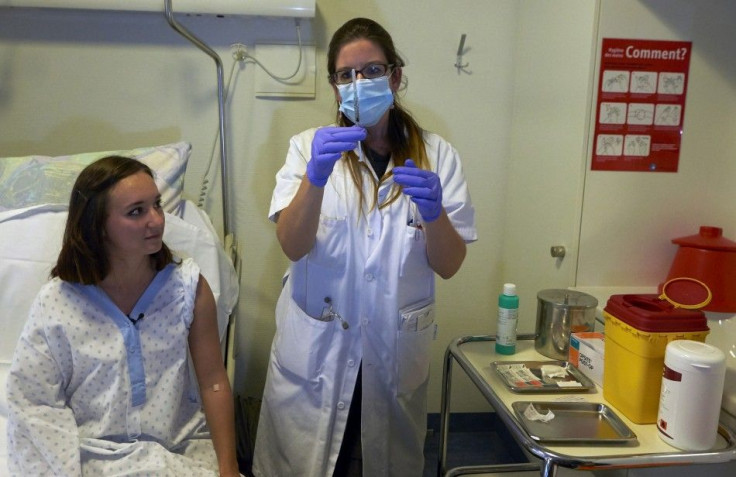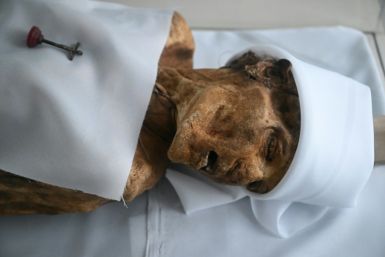Ebola Outbreak Slows As CDC Remains 'Hopeful' Virus Can Be Eradicated in 2015

Months after the Ebola virus first wreaked havoc in West Africa before reaching Europe and the United States, the fight against the deadly disease still continues. Although past outbreaks have killed hundreds of people, health officials said the current Ebola outbreak proved to be deadlier by taking 7,700 lives and infected almost 20,000 people.
The upcoming year may be more promising for patients infected with Ebola. LA Times reported that the number of cases in Liberia has significantly dropped. A few months ago, bodies of dead patients were reportedly left on the streets for days because they were not able to seek medical help since facilities are overcapacity.
There were also signs suggesting that Ebola may be slowing down in Sierra Leone. The county has already surpassed Liberia for having the most number of Ebola cases. Dr Thomas Frieden, U.S. Centres for Disease Control and Prevention, has told media last week that he was hopeful about putting an end to the epidemic but warned of a "long and hard fight" ahead.
Previous reports have indicated that the effects of Ebola outbreak in countries with the most cases may be felt for years. Healthcare systems in the worst-hit countries in West Africa have collapsed healthcare systems, closed schools and neglected agricultural lands. The Ebola virus has torn families apart with many children becoming orphans.
Many health officials in West Africa had never seen Ebola and mistakenly assumed it was more related to malaria and cholera. The virus fjrst claimed its first victim in an area where the borders of three nations meet. By the time officials had finally tagged the virus as Ebola in March, it has reached Guinea's capital, Conakry, with cases suspected in Liberia and Sierra Leone.
U.S. President Barack Obama has promised to send supplies and military forces to West Africa to help fight a virus that threatens global security. Australia, Britain, China and other countries also expressed their interest to help by building labs, treatment centres to help build treatment centres, facilities and train personnel. Frieden has recently acknowledged that international response to West Africa remains a "work in progress."
Meanwhile, researchers who are studying Ebola in a highly secure facility have mistakenly allowed possibly deadly samples of the virus to be brought to a less secure laboratory at the CDC in Atlanta. The Washington Post reported that one technician in the second laboratory may have been exposed to the virus. The technician has not showed any symptoms of Ebola and is currently under observation for 21 days.






